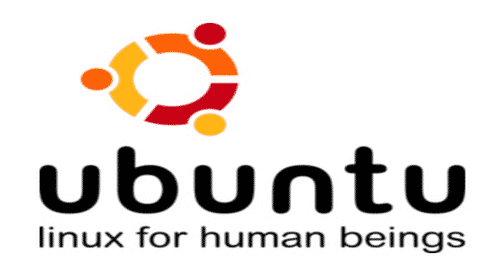Ubuntu 18.04 LTS has been codenamed Bionic Beaver by the founder of Canonical, Mark Shuttleworth, who provided the following explanation for the curious name on his personal blog: “It’s builders that we celebrate – the people that build our upstream applications and packages, the people who build Ubuntu, and the people who build on Ubuntu. In honor of that tireless toil, our mascot this cycle is a mammal known for its energetic attitude, industrious nature and engineering prowess. We give it a neatly nerdy 21st-century twist in honor of the relentless robots running Ubuntu Core. Ladies and gentlemen, I give you 18.04 LTS, the Bionic Beaver.”
Most Interesting New Features in Ubuntu 18.04
Color Emoji
We understand that emoji may not be very high on your personal Linux feature wish list, but it can’t be denied that emoji is now an integral part of modern digital communication. Many other popular Linux distributions, including Fedora, gained support for emoji a long time ago, and Ubuntu users will finally be able to enjoy out-of-the-box support for color emoji in desktop apps when Ubuntu 18.04 LTS arrives in April.
To ensure consistency between platforms, Ubuntu will use the Noto Color Emoji font, which supports all emoji defined in the latest Unicode version. This same emoji font is used in recent versions of the Android operating system, and all of its source images can be found in the Noto Emoji GitHub repository.
Adding emoji in GTK apps in Ubuntu 18.04 LTS will be simple because Ubuntu users will be able to evoke a searchable emoji picker to easily enter the glyphs without having to memorize their Unicode codes or names.
New To-Do Application
Called GNOME To Do, this simple to do application that is already part of the core upstream GNOME experience will arrive apps in Ubuntu 18.04 LTS to help Ubuntu users manage their personal tasks.
GNOME To Do is designed to not get in the way when not in use, which it achieves by offering only the most essential features, including the ability to quickly make edits, manage lists, and reorder tasks using drag and drop. Each task can be assigned a different priority and color to make organization easier, and GNOME To Do also integrates with GNOME Online Accounts, allowing for synchronization of several online services.
Minimal Install Option
Not to be confused with the Ubuntu 18.04 minimal spin, which is a stripped-down version of Ubuntu that can be compressed to only 30 MB for containers/Docker, embedded Linux environments, and other related use cases, the Ubuntu 18.04 Ubiquity installer adds a new minimal installation option that installs only a minimal desktop environment with a browser and utilities.
Among the removed packages are Thunderbird, Transmission, Rhythmbox, LibreOffice (including language pack), Cheese, Shotwell, and around 80 others. Left in the application launcher are Firefox, Nautilus, Ubuntu Software, and Help remain. Surprisingly, only around 400 MB of disk space is saved with the minimal installation option, bringing the total installation size down to 5.4 GB, from 5.8 GB
Linux Kernel 4.15
Ubuntu 18.04 LTS will ship with Linux Kernel 4.15, which contains the fixes for the Spectre and Meltdown bugs. Linux Kernel 4.15 is the slowest Linux Kernel release since 2011 because Linux Torvalds was forced to wait at Intel to provide proper fixes for the dangerous CPU bugs, which have opened the possibilities of malicious scripts stealing secret user data.
Apart from Spectre and Meltdown bug fixes, Linux Kernel 4.15 also brings to the table native support for the Raspberry Pi 7-inch touchscreen, a significant performance boost for AMD GPUs thanks to the inclusion of the AMD DC (display code) layer, a requirement to program the display engines on the new Vega- and Raven-based GPUs, or support for Secure Encrypted Virtualization, just to name a notable improvements.
What Didn’t Make the Cut
Because of numerous issues with stability and reliability, the default display server of Ubuntu 18.04 LTS has been changed back to Xorg. Wayland remains available as an option, but it will no longer be used by default as in Ubuntu 17.10. The change to Xorg should guarantee compatibility with WebRTC services, VNC, RDP, Skype, Google Hangouts, and other important services and applications.
What also didn’t make the cut and won’t be included in Ubuntu 18.04 LTS is the new GTK theme, currently known as CommuniTheme, which was planned to give Ubuntu the much-needed makeover. The Ubuntu desktop team has decided to postpone the theme due to “on-going gaps in corner-case usage.” The team hopes to release the theme later as a Snap app.

